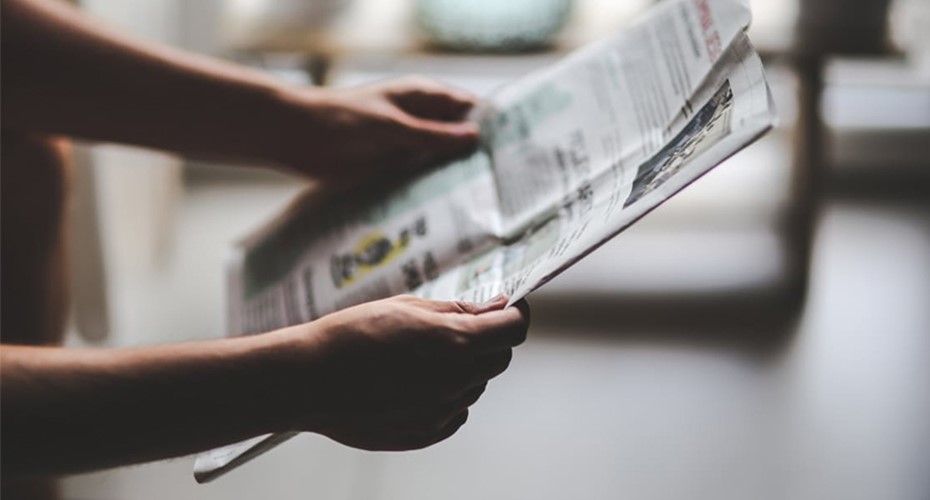The Geo-political zoo of 2017

The global economy is still in a muddle. So it’s difficult to get a clear gauge on what will happen this year. It certainly won’t be boring, starting with Trump’s inauguration on January 20th. The markets have rallied behind Trump’s business friendly administration and brazen US focused agenda. No question, he is a loose cannon. Anything goes when it comes to his Twitter account. He certainly lacks diplomacy, is totalitarian, and unpredictable. What I like is that the political system won’t be able to repress him, but that’s also the problem.
Meanwhile Putin is pushing Russia’s influence outward and China powers onward as the world’s second biggest economy. In essence, we have three 800-pound gorillas throwing their weight around. Russia is interesting because of its reliance on oil (oil prices are still low at $USD55 per barrel) which has kept its economy in recession, and because Putin has been ostracised by the West for supporting the Ukraine and more recently Assad in Syria. For a “Super Power”, and a permanent member of the Security Council, it is only the 12th largest economy in the world, behind Indonesia and just ahead of Italy.
China is still an enigma to me. If our global financial system is stuffed, then China is the poster child for it. In the past few years $2 trillion worth of Yuan has been converted into dollars and moved offshore – driving up asset prices everywhere. Then there’s another estimated $1.5 trillion in corrupt money that has found its way out over the past decade. Back in China, the CCP (Communist Party) is dolling out subsidies and forcing enterprises to make a ‘profit’ so it’s unclear which investments and spending are genuinely productive. There are now heavy restrictions on money going offshore and that is leaving a lot of it floating around China with nowhere to go. What about China’s US $28 trillion of debt, especially if increasingly that debt is not fuelling productive investment? China’s GDP growth rate has been consistently dropping, but what if in reality it’s much lower? Rapidly growing debt, asset bubbles especially in real estate, lowering productivity and profits – it’s an uncomfortable mix to have to navigate.
Last year saw the BREXIT vote and the United Kingdom electing to exit the European Union. Meanwhile Europe has plenty of unresolved issues of its own. It feels like an uncomfortable union between Germany running large balance of payment surpluses and France, Italy and Spain that perpetually run deficits. Last year saw the ruminations of an Italian banking crisis that didn’t take hold, but nonetheless 17% of Italian bank loans are non-performing. That in itself isn’t dire, but you wonder politically how Europe holds itself together. Who ultimately carries the cost?
The middle-class has borne the brunt of globalisation and laze-faire economic doctrine. Indebted up to their eyeballs, with no real wage growth and high house prices. They are rightly pushing back. I don’t think the first world has looked this socially divided in postmodern times. As a result, geo-politics is going to remain an unavoidable economic theme for the next decade.
Receive updates on the housing market, interest rates and the economy. No spam, we promise.
The opinions expressed in this article should not be taken as financial advice, or a recommendation of any financial product. Squirrel shall not be liable or responsible for any information, omissions, or errors present. Any commentary provided are the personal views of the author and are not necessarily representative of the views and opinions of Squirrel. We recommend seeking professional investment and/or mortgage advice before taking any action.
To view our disclosure statements and other legal information, please visit our Legal Agreements page here.

